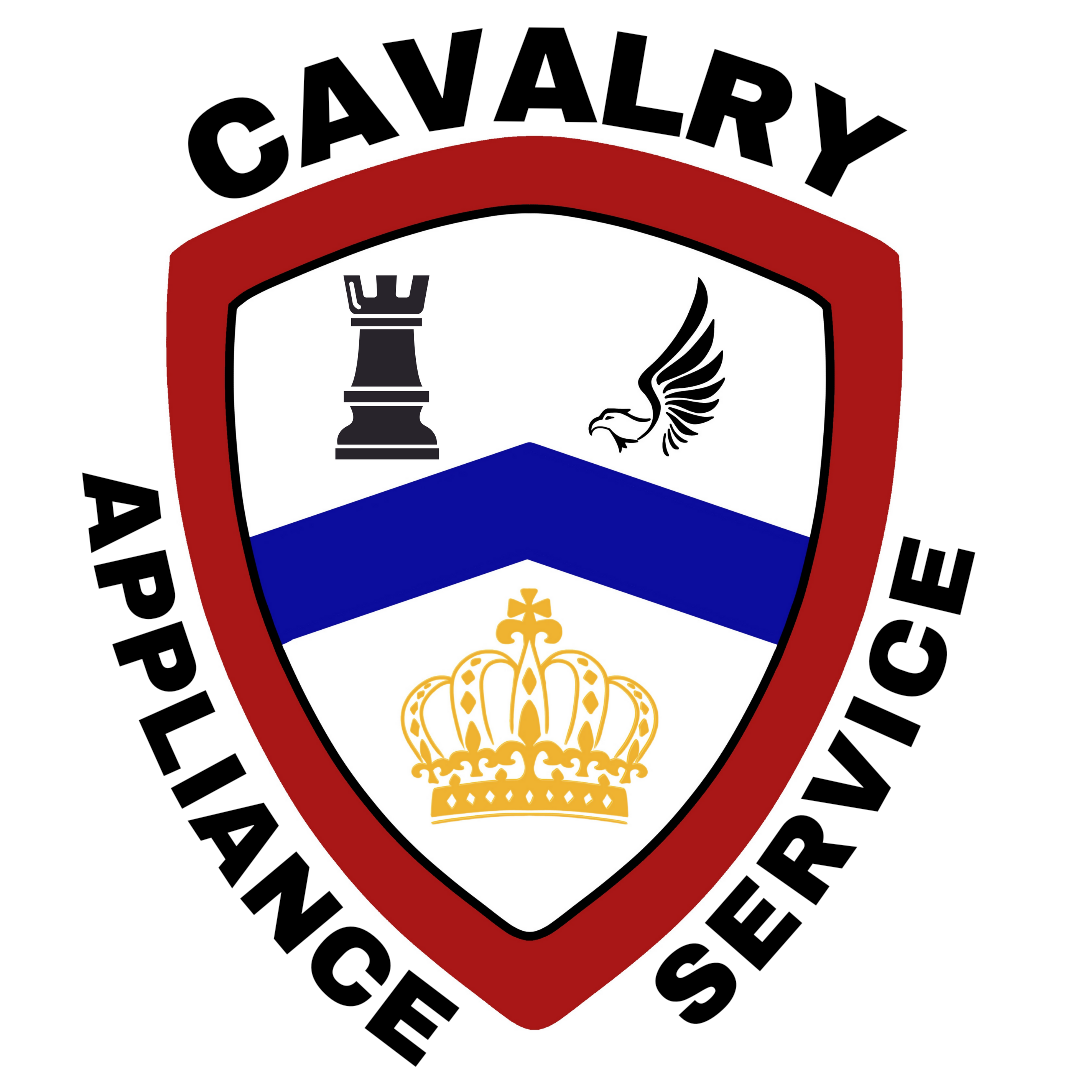Energy Ratings and Appliances
Is the energy star rating important? How does this affect the performance of your appliance? How do you make the best purchasing decision and keep your appliance working well?
Energy efficiency is a major concern for many households as they look for ways to reduce their energy bills and minimize their carbon footprint. One way to achieve this goal is to invest in energy-efficient appliances, which are designed to use less energy and operate more efficiently.
While these features can help reduce energy consumption, they also increase the complexity of the appliance, making it more prone to malfunctions and breakdowns, There are several reasons why energy-efficient appliances may fail more often and cost more to repair:
They often use more sophisticated technology than their less-efficient counterparts. (For example, energy-efficient refrigerators may use advanced sensors and digital controls to monitor temperature and adjust energy usage.)
They use specialized components and parts that are not readily available or easily replaceable.
They are often designed with a focus on energy savings, rather than durability or reliability, which can result in appliances that are more prone to wear and tear and may not last as long as their less-efficient counterparts.
Finally, the higher cost of energy-efficient appliances can also contribute to their higher repair costs. Since these appliances often come with a premium price tag, repairs and replacement parts may also be more expensive than those for less-efficient models.
All of the above issues can contribute to higher repair costs, the need for specialized parts, more frequent repairs and a (legitimate) choice of the customer to replace rather than repair.
In our opinion, reducing energy consumption and lowering utility bills does not offset the savings of using a less efficient appliance that does not have to be replaced at an early age. Sure, you may save on energy, but if we are replacing appliances more often, we are filling land-fills with more waste at a quicker rate.
So, what’s the answer? We suggest the following tips:
Choose appliances that are simple and have as little electronics as possible with no regard for the energy star ratings. (We aren’t trying to hurt the environment; we are encouraging a behavior that results in less waste.)
Choose reputable brands and models with a proven track record of durability and reliability.
Perform regular maintenance to keep appliances in good working order. You can find ALL our helpful tips here, but here are a few of our previous blog posts that can specifically help you keep things running longer:
Call us at 252-772-1264 or email JSeeley@cavalryappliance.com whenever you are about to make a purchasing decision and we will offer you the same advice we would offer our loved ones, taking into account your budget and needs.
Ultimately, the decision to invest in energy-efficient appliances should be based on a careful assessment of the costs and benefits, as well as individual household needs and preferences.
Until next time,
Joe and Ginny Seeley

